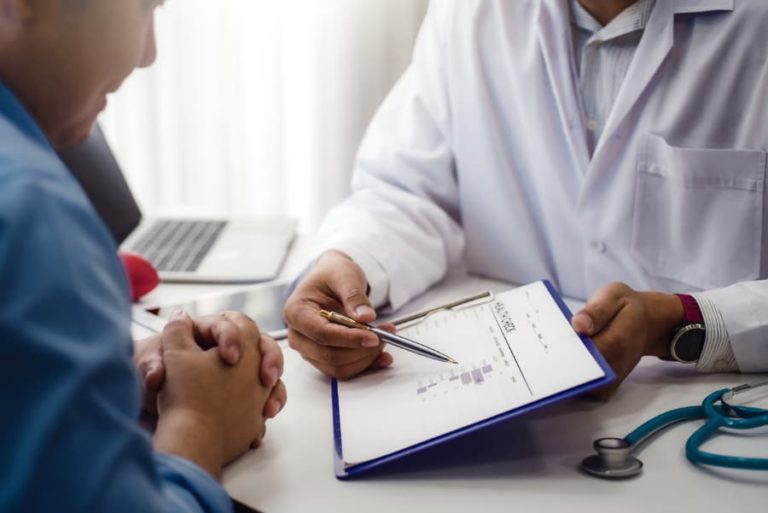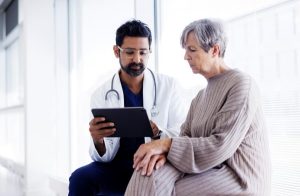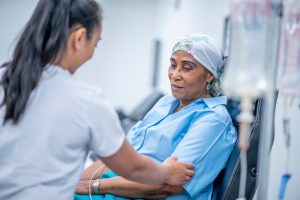
RCCA Oncologist Avishek Kumar, MD: Serving Others, Whether in a Lab Coat or a Military Flight Suit
Like many people, Avishek Kumar, MD, scheduled some time away from the office this summer. However, his version of an “island get-away” was hardly the norm.










